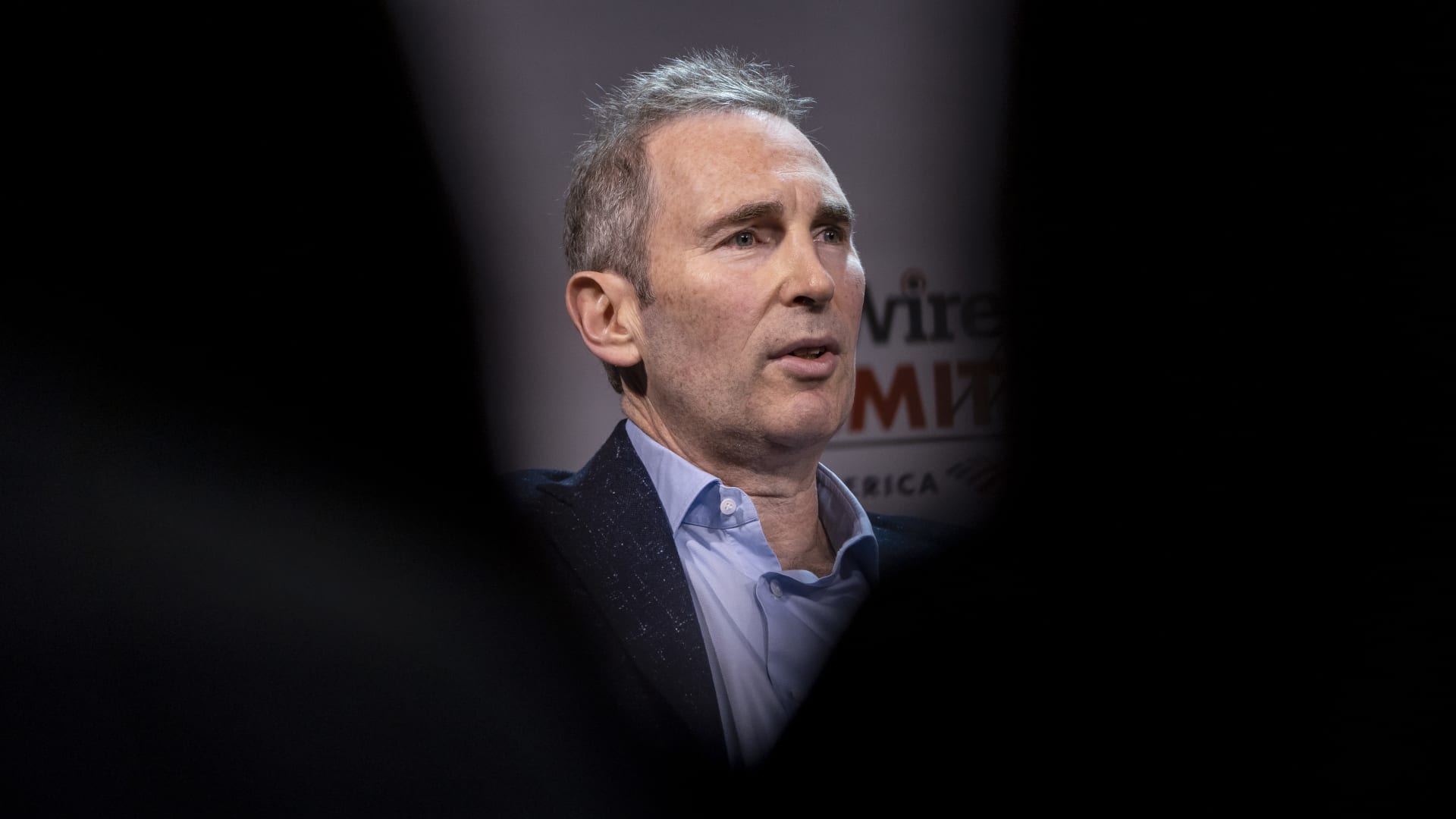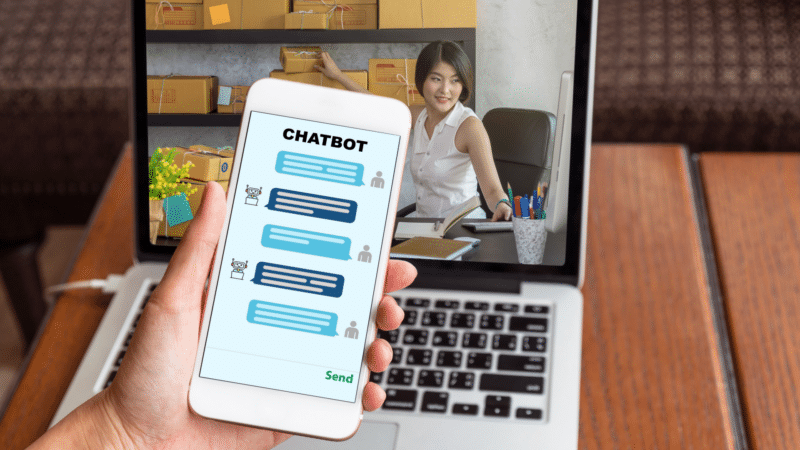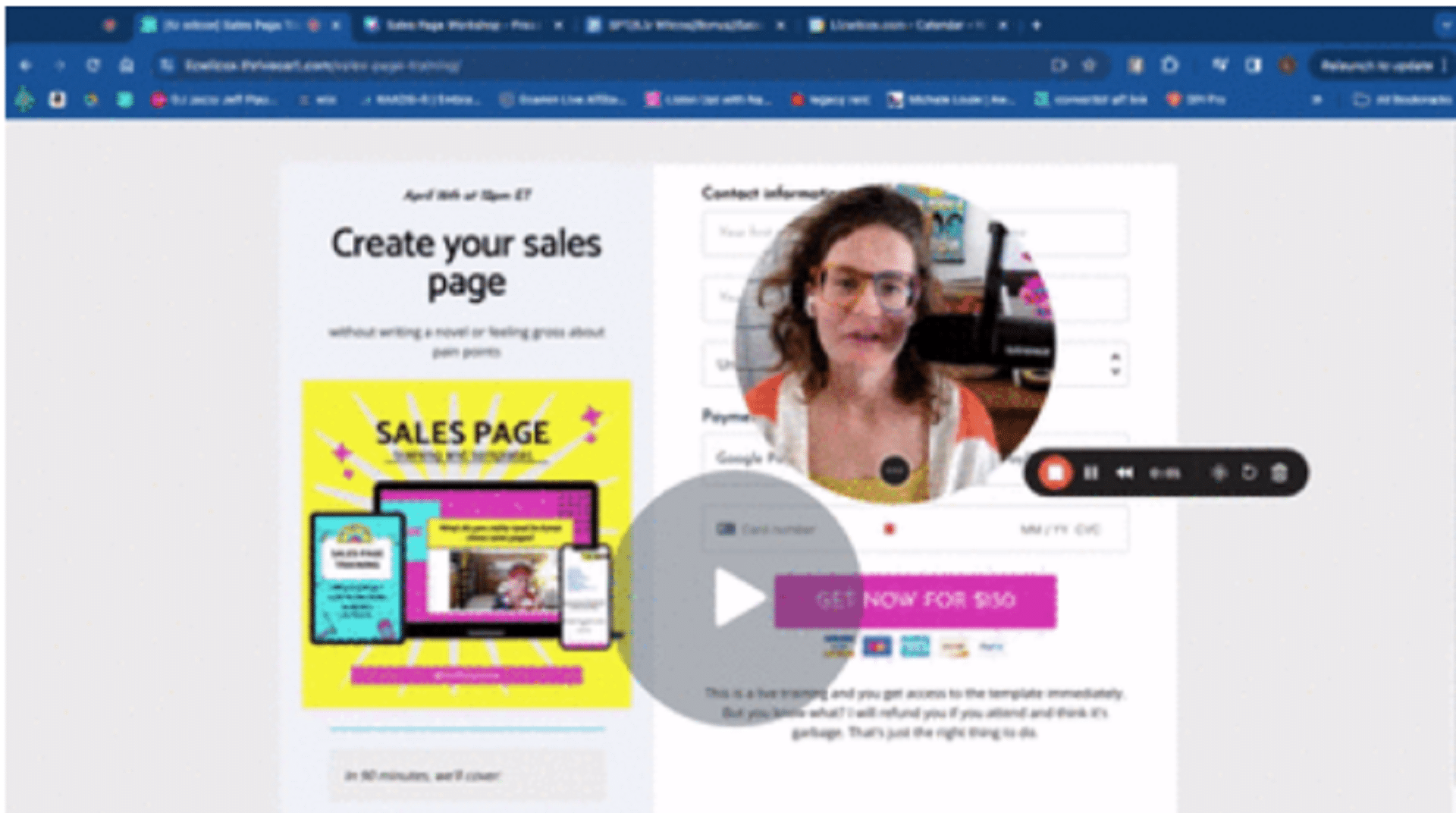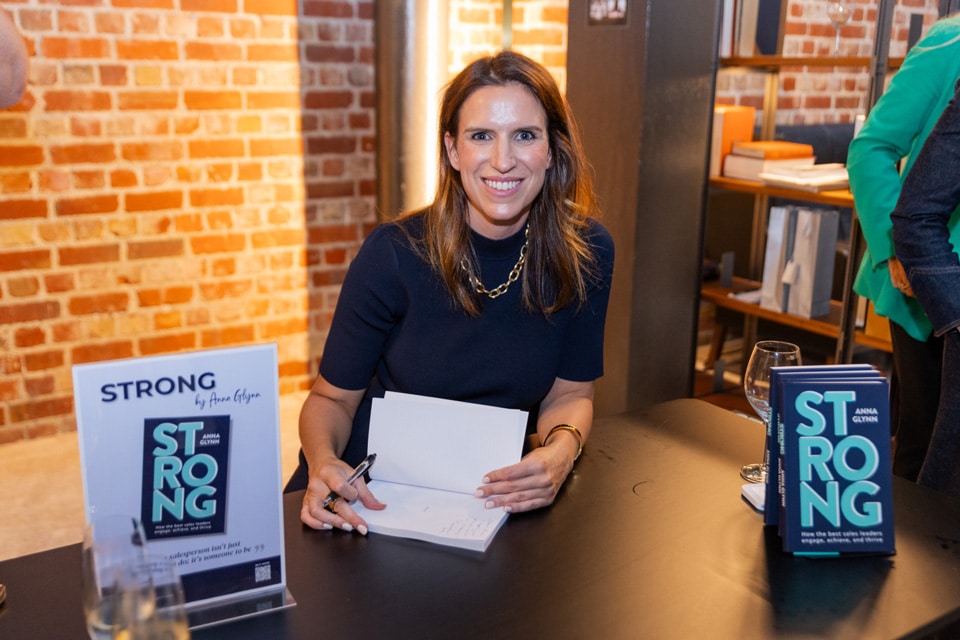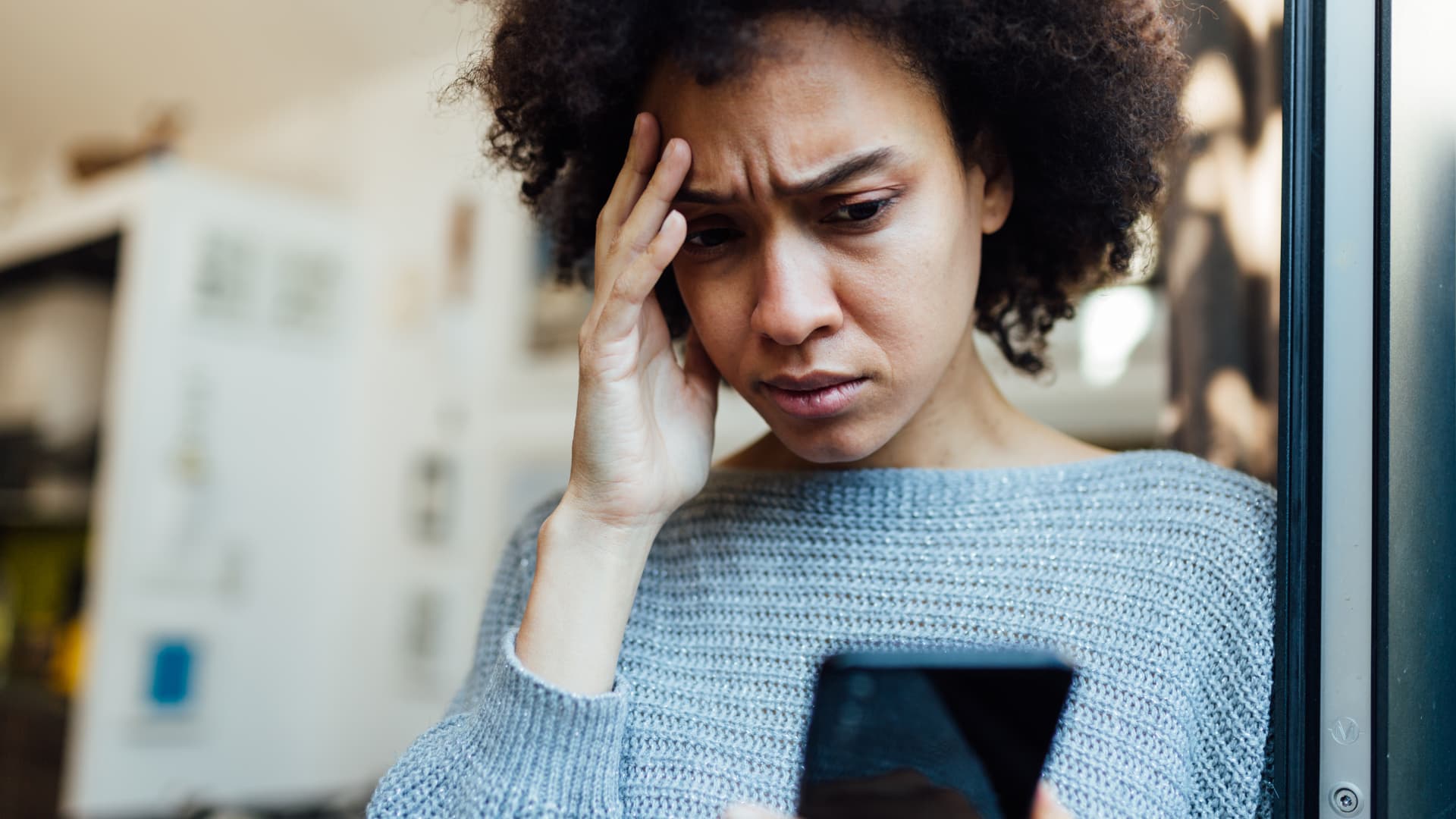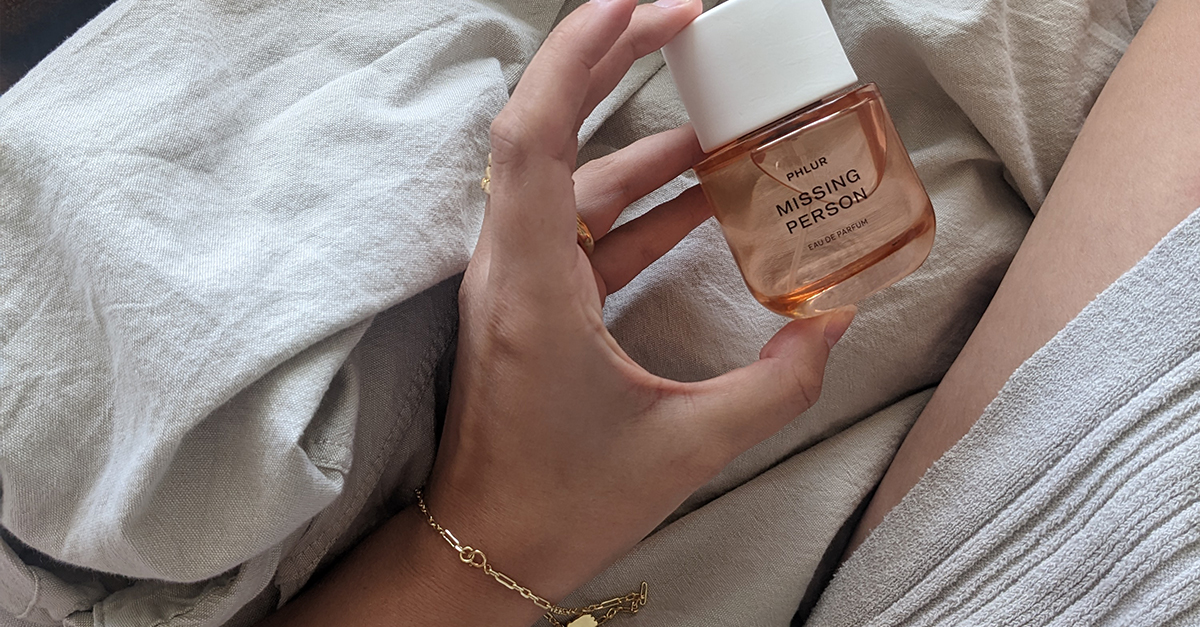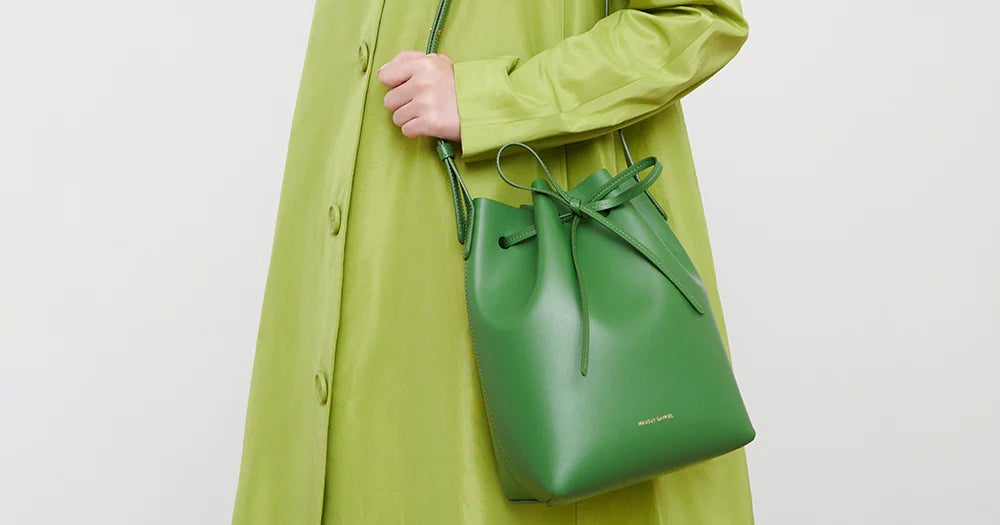Workers are starting to return to the office, whether they like it or not. Many appear to share one glaring concern: Covid.
A recent Gallup poll found that one in three U.S. workers are “very” or “moderately” concerned about Covid exposure at work. The findings come as many companies — including Apple, Goldman Sachs, Peloton and Capital One — are implementing new return-to-office plans.
The in-person work trend has accelerated in recent months: By June, 50% of U.S. workers were already splitting time between home and the office, and 20% were entirely in-person, according to another Gallup poll. Google returned most of its workers to the office three days per week in April — and its employees have been beset by regular Covid infections and exposure notifications, CNBC reported last month.
The U.S. is still experiencing a steady drum beat of new Covid cases: The country’s seven-day average was more than 60,000 on Thursday, according to the most recent data from the Centers for Disease Control and Prevention. That’s projected to increase this fall and winter, as many people’s Covid vaccine immunity wanes and Americans spend more time indoors, where the virus spreads much more easily.
The recent Gallup poll found that two-thirds of respondents said they expect Covid cases to increase a “great deal” or a moderate amount this fall and winter. If you still need to be in the office, here’s how you can keep yourself healthy.
Stay up-to-date on your Covid vaccines
Staying up-to-date on your vaccines is the best way to protect yourself from Covid. That means completing your primary series and receiving the booster shots you’re eligible for.
Adults who have already gotten their primary series are eligible for an updated booster shot that targets both the original Covid strain and omicron’s BA.4 and BA.5 subvariants. Together, those subvariants make up nearly 87% of cases circulating in the U.S., according to the latest CDC data.
Pfizer’s shot is authorized for people 12 and older, and Moderna’s is for those 18 and older. You’ll need to be at least two months out from your last dose of any Covid shot, the CDC says.
If you’ve recently recovered from a Covid infection, you should consider waiting three months after testing negative before getting your updated shot, the agency’s advisors note. Appointments for the new boosters are likely available at a vaccination site near you.
Wear a mask in some settings
Mask mandates have largely been rolled back by employers and local governments across the country. Still, the U.S. Department of Health and Human Services (HHS) recommends wearing a mask in the office if you:
- Haven’t completed your primary series.
- Have completed your primary series, but are immunocompromised
- Have completed your primary series and are in an area with a substantial or high level spread of Covid. Use the CDC’s data tracker to check infection and hospitalization rates in your area.
Even if you don’t fall into any of these categories, wearing a mask in the office can still give you an added layer of protection against Covid.
If you don’t wear a mask in the office, consider wearing one on your commute to and from work. The CDC recommends mask-wearing on indoor public transportation, such as a subway or a bus, especially if it’s crowded or poorly ventilated.
Wash your hands frequently
Washing your hands frequently can help prevent Covid, the CDC says. When soap and water aren’t readily available, use hand sanitizer that contains at least 60% alcohol.
Specifically, it’s a good idea to wash your hands in the office before, after or during these activities:
- Before, during, and after preparing food
- Before eating food
- Before touching your face
- After blowing your nose, coughing, or sneezing
- After using the toilet
- After touching garbage
- After being in a public place, including public transportation.
Keep your distance from others, if you can
The CDC eased its social distancing recommendation last month, dropping the six-feet-apart standard established at the beginning of the pandemic.
But keeping distance between yourself and others can still help prevent exposure to Covid, the agency emphasizes. That’s especially important when your county has a medium or high level of Covid spread, the CDC says.
Instead of measuring six-foot distances in your head, try to assess the quality of the air you’re breathing around you, White House Covid response coordinator Dr. Ashish Jha advised at a virtual event hosted by the U.S. Chamber of Commerce Foundation last month.
“In a crowded indoor space with poor ventilation, you can get infected within minutes. If you’re outdoors with obviously … good ventilation, you can be outside for long periods of time and not get it,” Jha said. “So context matters, crowds matter, ventilation matters. That is a major new update.”
Know what to do if you test positive, are exposed or have Covid symptoms
The HHS says you should stay home from work if:
- You test positive for the virus
- You have Covid symptoms
- You’re not up-to-date with your Covid vaccines and were in close contact with an infected person
Regardless of your vaccination status, the CDC says you should get tested:
- Immediately, if you have any symptoms
- After five days, if you were exposed to Covid and don’t have symptoms. Testing too early can give you a false negative result.
If you test positive for Covid, the CDC says you should:
- Stay home and isolate yourself from others for at least five days. That’s likely when you’re the most infectious.
- Wear a high-quality mask if you have to be with others, whether in your home or in public.
- Follow the CDC’s guidelines for ending isolation.
Sign up now: Get smarter about your money and career with our weekly newsletter
Don’t miss:





